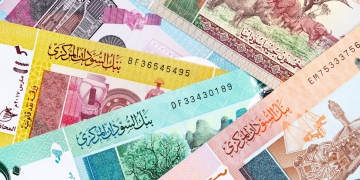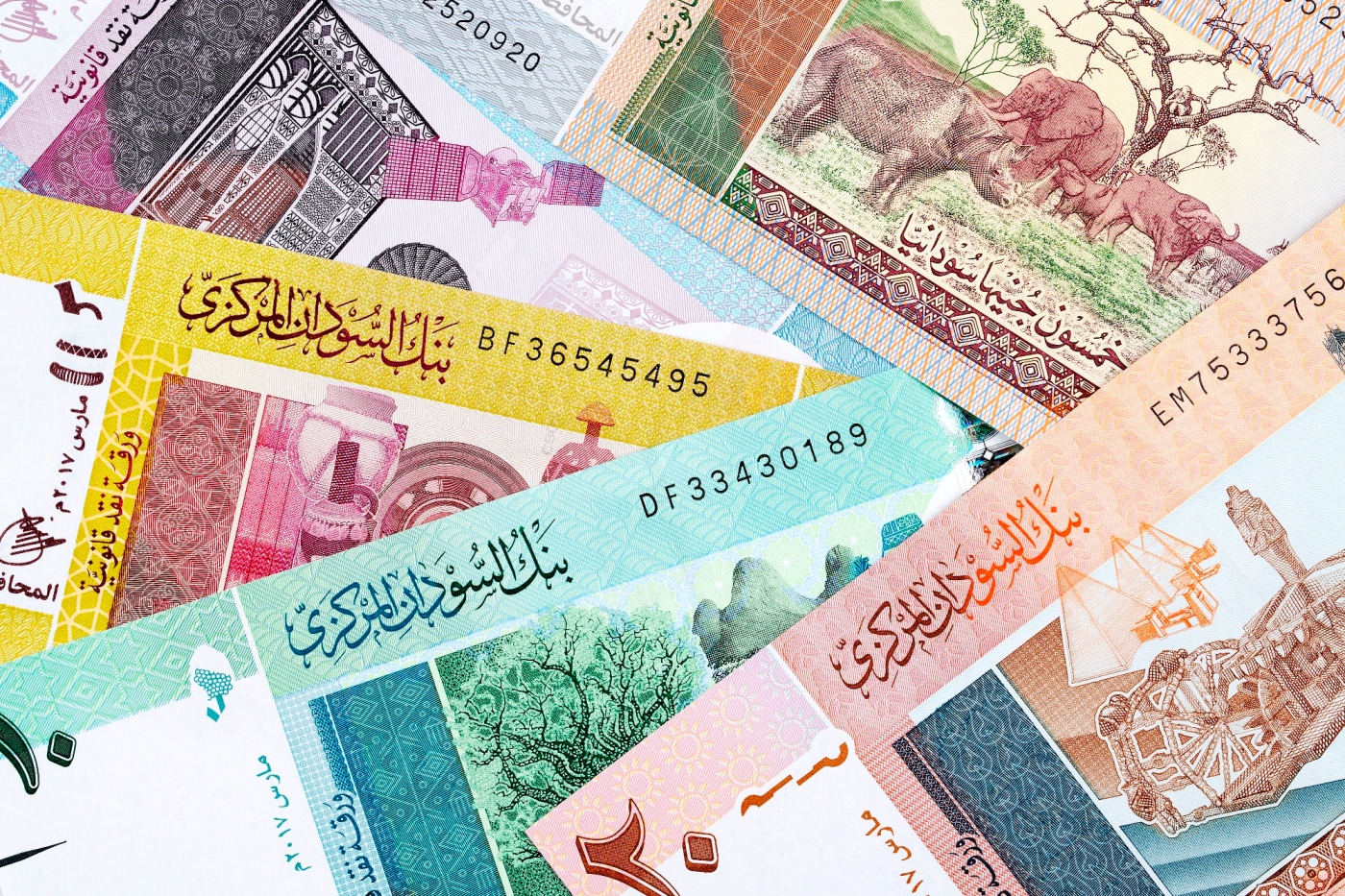
Khartoum: Nabil Saleh
It is not easy to obtain information about (the parallel market empire for foreign currencies) in Khartoum, the Sudanese capital, or to fathom its depths due to its strict secrecy, despite the spread of green banknote buyers displaying their cash bundles in the main streets across the Arab market, Khartoum’s largest market. However, this huge network, according to the scarce information available about it, is run by businessmen, and families who are reputed to be the main actors for this type of activity, and this network has perfect security hedges
Young people of all ages scatter in Khartoum’s markets and streets, offering their service with the words “exchange … exchange “, before the authorities organized security campaigns to arrest young merchants, or as they are called locally (Al-Sirreeha)or ramblers. This scene gradually vanishes from the streets of Khartoum, but the traders have taken other methods to avoid the campaigns, as the parallel market brokers accompany those who wish to buy or sell cautiously to offices which apparently appear to have activities that are not related to the dollar to complete the process of buying or selling. Sometimes for more security precautions some of these brokers ask the seller or the buyer to stay away from the office or the treasury location in the Arabian market area where they finalize the exchange transaction . Despite all of that, there are offices that work in this area openly without the least care to be evasive. In contradiction to the cautionary steps taken by these mediators (they are not the real money holders) through which customers are deluded that the process is marred by great security risks, but this feeling fades away as the person entering some of these offices in which workers roam around in bags fully stuffed with different combinations of local and foreign currencies. These workers operate these offices precisely; you think at first sight that you are in an exchange or bank, and the buying and selling deals are made in dollars. Outside, the alleys of these buildings there are throngs of those who want to buy foreign currencies, or itinerant dealers , locally known as bag dealers, or those who are willing to save money in foreign currency or to obtain the foreign currency for the purpose of traveling abroad in seeking of medical treatment.
This widspread network, according to the information obtained by (Afro Shoniger), is run by influential personalities. Small dealers of the parallel market of foreign currency in Sudan say that there is a famous family that lives in east of the Nile river, east of Khartoum, who controls this market, and its members are active in this field in different states of Sudan and abroad too. The famous family has become parallel in its dealings in foreign currency with the Central Bank of Sudan system, but its foreign exchange reserves exceed the reserves of the central bank. One of the dealers and close relatives of this family told (Afro Shoniger) that more than 50% of the total cash bloc of the foreign currency available in the Sudanese market belongs to this family, and its influence in the currency trade has expanded that they have offices for transference at the parallel market price through many capitals in the region . Some believe that Dubai is the center of the network, where expatriates transfer their money through the Dubai office to Sudan, and according to the information obtained (Afroshnaghr) that some of the previous government institutions were buying their need of foreign currency from this family even after the lifting of US sanctions on Sudan.
This market, which has become inflated by the policies of the previous regime, has managed to control foreign currency, according to an employee of one of the government banks in Khartoum. He says that they are confused about the way the economic authorities deal with these traders, most of whom are from the family that is famous for this activity and has control in the foreign exchange market in a way that equals or may exceed that central bank of the Sudan practices . This employee went on to say that the bank itself sometimes resorted to black market traders, to provide foreign currency for its projects.
The return of the black market
A standing testimony is that the entry of oil revenues at the beginning of the year from 2002 to 2005, provided a good reserve of foreign currency and these revenues became sufficient to finance the country’s imports, and the dollar market trade disappeared relatively. But this trade moved actively after the secession of the state of South Sudan, when the price of the dollar after the great leaps that started from 2.5 in the year 2007 until now when it reached 95 Sudanese pounds per dollar at the beginning of this week.
A trader in foreign exchange trading – the parallel market – stated that the parallel market is a pillar of the country’s economy due to the liquidity they possess and their ability to meet import needs in all sectors. “We are the most influencing to the country’s economy and the most active to quickly meet the market’s requirements.”
A banking source, who asked not to be named, said that the previous government was buying and selling in the ‘black’ market within the policy followed by many institutions. These institutions were present in the parallel market by a large percentage that might exceed (60%) .
Through these semi-official dealings between government agencies ,before the fall of the previous regime, and the currency traders, the latter were able to greatly influence the economic process in the country and also gained legitimacy in addition to the abundance of currencies in their treasures which function to coves the “market” need. The employee went on to say that the operations carried out by the authorities are often in the event of the government losing control of some traders, or because of an unusual dollar flow in the market of unknown resource .
An employee of the entities associated with import and export says that the parallel market controls the overall economic process in the country. He blieves that currency traders have turned into a significant economic bloc.
The Sudanese government, according to the statements of its Minister of Finance Ibrahim Al-Badawi, depends entirely on the support of some Arab countries in importing the necessary commodities such as flour and fuel. He acknowledges the state’s inability to provide foreign exchange reserves for the shortages of export’s revenue, so the government depends entirely on deposits and donations at the current stage. The government now relies on Friends of Sudan Conference Friends and hedging alternatives protect the local currency from further collapse by taking advantage of expatriate savings, rational management of available resources, and export promotion.
However, the government dispensed with the financing promised by the World Bank in case the government adheres to the conditions of the IMf including the lifting of subsidies on goods after the ruling coalition refused to raise subsidies in the 2020 budget and the Sudanese authorities returned to using security solutions to limit the decline in the value of the local currency against the dollar. But this method did not succeed and the exchange rate escalation continued with geometric progression , to exceeded 95 pounds per dollar at the beginning of this week.
However, security solutions will not produce a positive result, according to Ezzedine Ibrahim, a former minister of state in the Sudanese Ministry of Finance, where Ibrahim asserts that the stability of the Sudanese currency is closely related to the development of the export and not the pursuit of currency traders.
He added that the parallel market will fade automatically if there is a reserve of foreign exchange for the central bank, pointing out that the limiting of the parallel market may create more crises in commodities in the sense that most suppliers of these commodities and their production inputs depend on the black market to obtain the dollar.
Ibrahim told (Afro Schoniger) that it is still too early to tackle the problem of the devaluation of the local currency, especially that the previous regime left a legacy of economic complications because of its failed monetary policies. He stresses that the solution lies in growth in production and productivity and manufacturing adding that Sudan is still dependent on donations and deposits. Accordingly, he advises the Sudanese government not to rely on the Friends Conference and to hedge alternatives that would protect the local currency from further collapse by taking advantage of the expatriate savings and rational management of available resources and encouraging the export.















